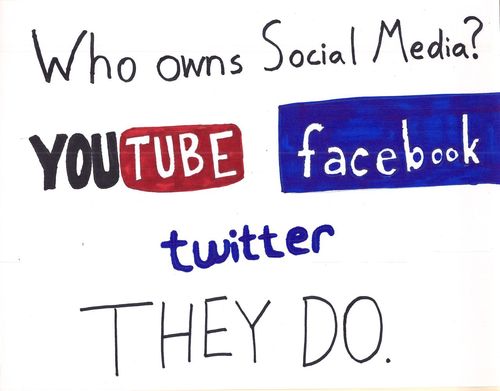How many times do you go online and think, “I’m going to use the internet to change the world today.”
If you thought zero, don’t beat yourself up too much.
People don’t go online to think. People go online for two things, information and entertainment. Entertainment is pretty self explanatory. It’s how we end up with David after Dentist.
By information, I don’t mean well thought out positions. I mean the raw facts and data to solve an asnwer quickly. It’s why Wikipedia and IMDB are popular. They answer questions instantaneously and decisively. They settle arguments and meaningless questions. They don’t make you answer something deeper than “Who played Jason in Friday the 13th Part VIII - Jason Takes Manhattan” (Answer: Kane Hodder)
If people wanted to think deeply on the internet, we wouldn’t have such things as trolls and flame wars. People don’t have nuanced discussions online. We’d rather share pictures of lolcats and retweet funny hashtags.
This is probably you need some rudimentary social media or content strategy. If not to figure out how to engage users, but how to beat an idea into their head so throughly they actually begin to think about it beyond the level of skimming.
Figure out how to get people obsessed with one idea, one concept, and one method of thinking. Then you can get them to think deeply beyond the four sentences in your writing they actually read in your whole blog post.

 When I see people really think about social media and business, they always ask the question, “Who owns social media?” This question has a lot of answers. Some people argue marketing. Other people argue PR. I’ve even seen it be argued that HR owns social media. At the end of the day, most people agree that no single department in a company owns social media, and it’s up to the everyone to use it correctly to promote and serve the busineses purposes.
When I see people really think about social media and business, they always ask the question, “Who owns social media?” This question has a lot of answers. Some people argue marketing. Other people argue PR. I’ve even seen it be argued that HR owns social media. At the end of the day, most people agree that no single department in a company owns social media, and it’s up to the everyone to use it correctly to promote and serve the busineses purposes.

Anti-Social Media